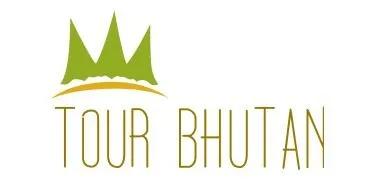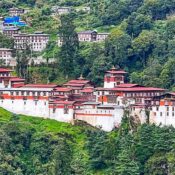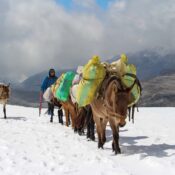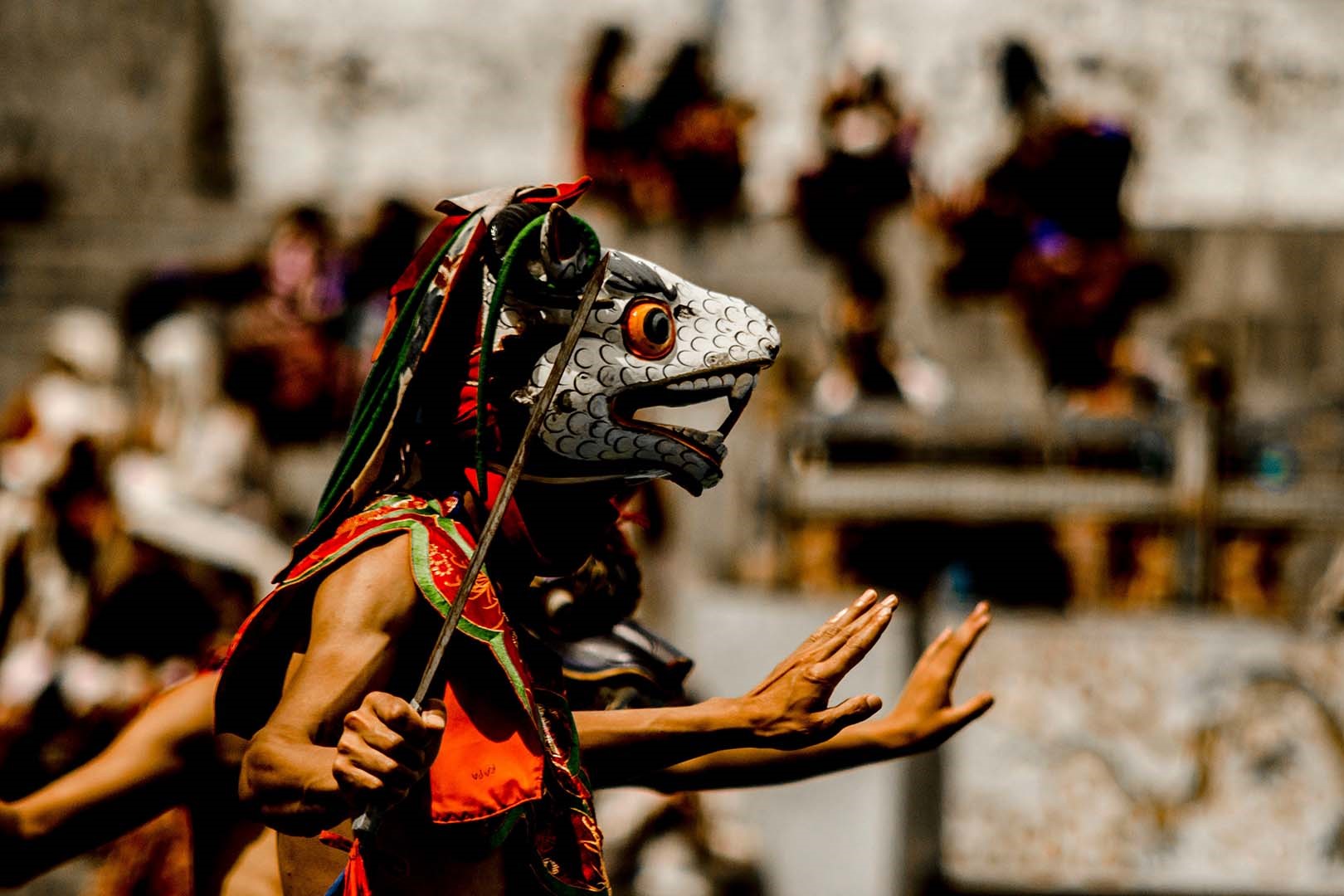National Weaving Center in Tashigang
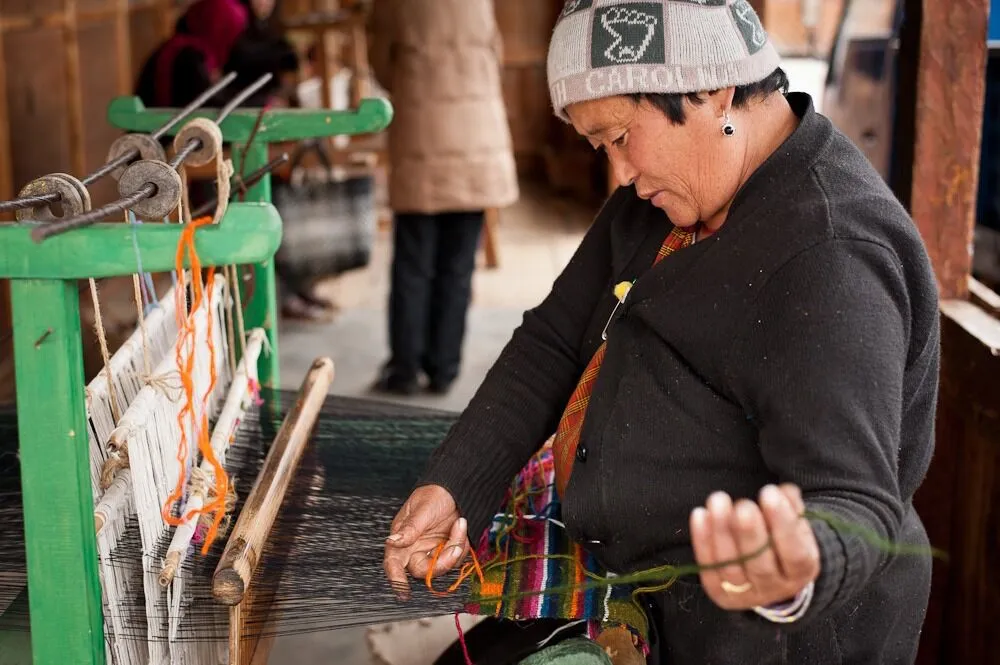
National Weaving Center in Tashigang
National Weaving Center in Tashigang. Khaling National Handloom is located at Khaling on Trashigang – Samdrupjongkhar highway. One can visit this handloom and learn & experience the weaving culture of eastern Bhutan. We can also see that natural colouring and dying are used for the textiles in Bhutan. It is a good option for shopping authentic Bhutanese textiles created with age-old indigenous techniques of dyeing and weaving. On the way you can also visit Tashigang Dzong.
There are different types of patterns for Bhutanese Textiles of Weavings. They are:
Plain Weaves: Plain weave textiles are usually woven in patterns with stripes and plaids.
- Martha: Plaid weave usually with red or maroon as the dominant color.
- Sertha: Plaid weave usually with yellow or orange as the dominant colour.
- Thara: Woven only for the production of horizontal striped Kira with white as the dominant colour.
- Kamtham Jardrima: Striped weave incorporating the colours of the rainbow.
Wrap Pattern Weaves: Warp is the yarn that runs lengthwise on the loom. The warp pattern designs are characterized by their supplementary warp floating technique that forms bands of repeated motifs on the ground. The different warp pattern designs are differentiated by their colour schemes. The number of legs or cross hatches in each supplementary warp pattern band is one indicator of the superiority of the textile. The textile is even more priced when the weaver includes weft pattern designs.
- Mentsi Martha: Alternate yellow warp bands with plain weave red ground.
- Lungserma: Alternate green-red on a yellow ground.
- Dromchuchem: Literally means ‘with little boxes’ pattern bands are woven in threes.
- Mentha: Narrow white warp bands on black ground. It is the one pattern which is worn solely by women.
Weft Pattern Weaves: Weft patterns are popularly referred to as Sapma continuous weft patterns and Tigma discontinuous weft patterns in Bhutan. The continuous weft patterns are very similar to those featured in other textiles throughout South and Southeast Asia. The weft yarn is inserted between intervals of the warp yarn to create continuous weft patterns. The discontinuous weft pattern motifs resemble embroidery indigenous to Bhutan. Coloured pattern yarns are knotted individually to the weft yarns to create geometric motifs which are usually a combination of multiple pattern motifs.
- Sapma: Continuous weft pattern designs.
- Tingma: Discontinuous weft pattern designs. Textile experts often mistake the supplementary weft pattern designs for embroidery as they say it is impossible to weave the brocade patterning on a common backstrap loom.
- Ngoshom: Kira with the dark ground usually blue or black.
- Kushuthara: Kira with a white ground.
- Shilochem: Woven both for Gho and Kira, usually woven with alternate rows of wrap pattern bands.
